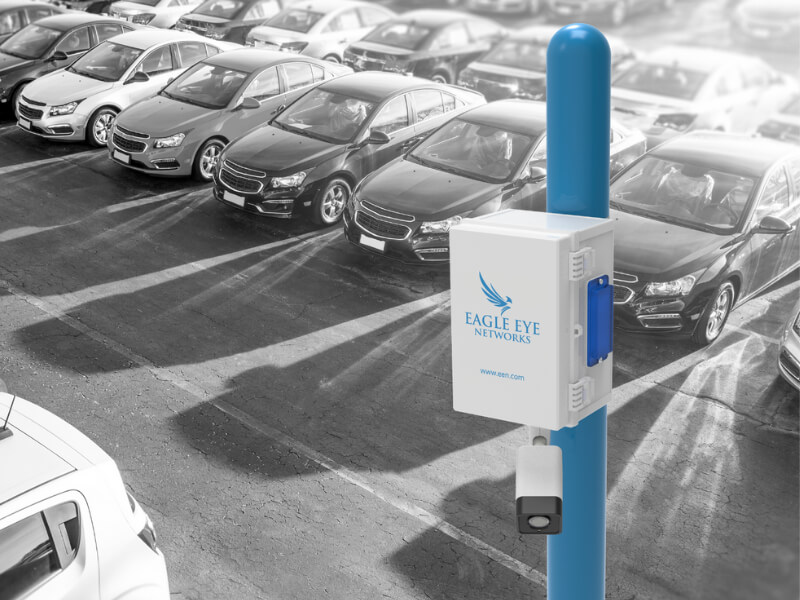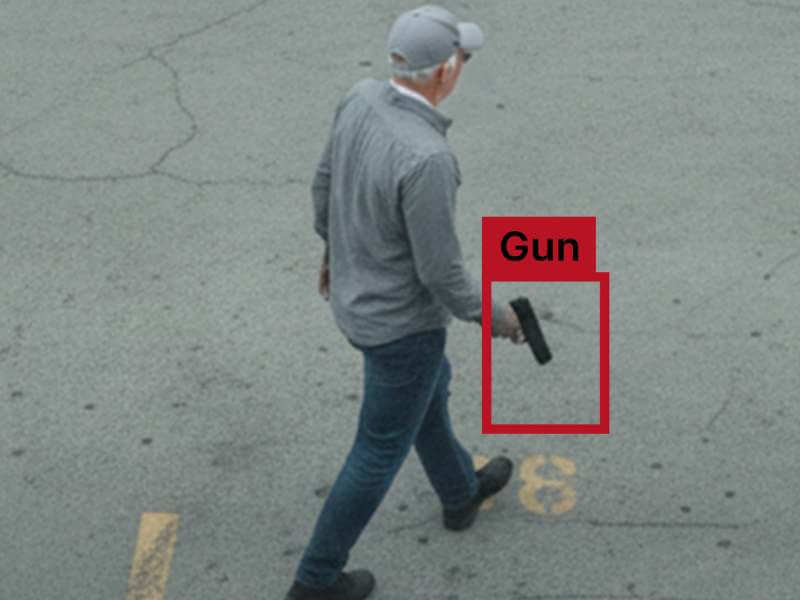
You may have heard something like this before, and you’ve certainly thought it: “One car alarm is useful. A thousand car alarms is noise.”
When you can’t easily sort unimportant information (a cat jumped on your car’s hood) from important alerts (your car is being broken into), it all eventually gets ignored. And that applies to video surveillance as well.
Better detection means more alerts
When your cameras are recording everything in front of their lenses 24 hours a day, it’s simply impossible to watch closely or in real time all the video they produce. A paradox: As security camera sensors have become more sensitive, and brighter lenses and higher resolution have generated ever-clearer images, they have also become even better at creating false alarms. Simple motion detection sensors, just like cameras, are actually less useful as they get more sensitive, because many of the movements they pick up will be unimportant ones. (Think wind-blown tree branches, animals, and passers-by.) A lot of the world is in motion, but most of that motion is irrelevant to your security.

And humans watching video surveillance, whether it’s live or recorded footage, are subject to all of the things you’d expect: They get tired, or bored, or distracted. And if nearly every alert they receive turns out to be false, it’s understandable that they don’t react to them quickly. They’re suffering from alert fatigue.
Fighting alert fatigue with artificial intelligence
The best antidote to alert fatigue is artificial intelligence. AI helps you preserve your personnel’s time by filtering out the kind of motion that would trigger a naive motion detection system. But it can also call attention to the specific things you want to spot, without needing a person to squint at on-screen images or scrub through hours of footage.
That means drawing human eyeballs to things like:
- License plates of known drive-off customers when they drive onto your lot.
- A person entering your premises after hours on foot or by car.
- A vehicle rolling through a parking lot closed for the night.
Does AI have drawbacks?
You know that promises are only as good as the results you see in real-world use. LIkewise, AI is only as good as the software that makes it work and the training data that feeds it. Overreliance on AI has the same problems as any other kind of overreliance: If you don’t test any AI system over time, you won’t know how well it’s meeting your needs.
You may also need to tune aspects of AI systems, in the same way you might need to adjust the sensitivity of a burglar alarm or a car alarm. If you view any technology as magic, infallible, or ready to replace every other option instantly, you’re likely to be disappointed.
Viewing AI as one of the powerful tools available to enhance your video surveillance helps you maintain a clear perspective. As Eagle Eye COO Hans Kahler puts it, “AI will not — and should not — replace humans. It’s a powerful assistant, not a decision-maker.”
Heading off fatigue in the real world
AI suited to culling false alarms and nudging human eyes toward significant incidents is a relatively new development compared to conventional video surveillance. But it’s here, and it works.
Not only can AI be used to generate alerts (as for suspected firearms or line-crossing violations), but in some circumstances can be used to trigger automatic actions. When an employee’s license plate automatically opens a parking-lot gate to open, it means a guard didn’t have to. If a missing piece of safety gear triggers an audible reminder, it means work didn’t have to stop for a supervisor to intervene.
And since most security issues involve either people or vehicles, knowing when they’re on your premises can help you sort important alerts from false alarms.
Are you ready to start ending alert fatigue in your business?

Timothy Lord has witnessed and written about IT security trends and the ongoing evolution of SaaS for more than 25 years.
Other posts that might interest you

Comparing Eagle Eye Cabinet Systems: Choosing the right fit for your site
Selecting the right setup for your security cameras can be a huge headache. Luckily, Eagle Eye Networks makes it super simple with their range of cabinet systems! Whether you need…
December 18, 2025
Video Surveillance 101: Field of view, distortion, and dewarping
When you select a camera for video surveillance, an important aspect that you're actually choosing is the camera's lens. Just like typical cameras you use to take snapshots, surveillance cameras…
November 11, 2025
Are there guns in the picture? How video surveillance helps
There have been many cases in which armed criminals have wounded or killed others, sometimes with no known motive, or as a result of personal grievances. Sadly, recent years have…
October 15, 2025





